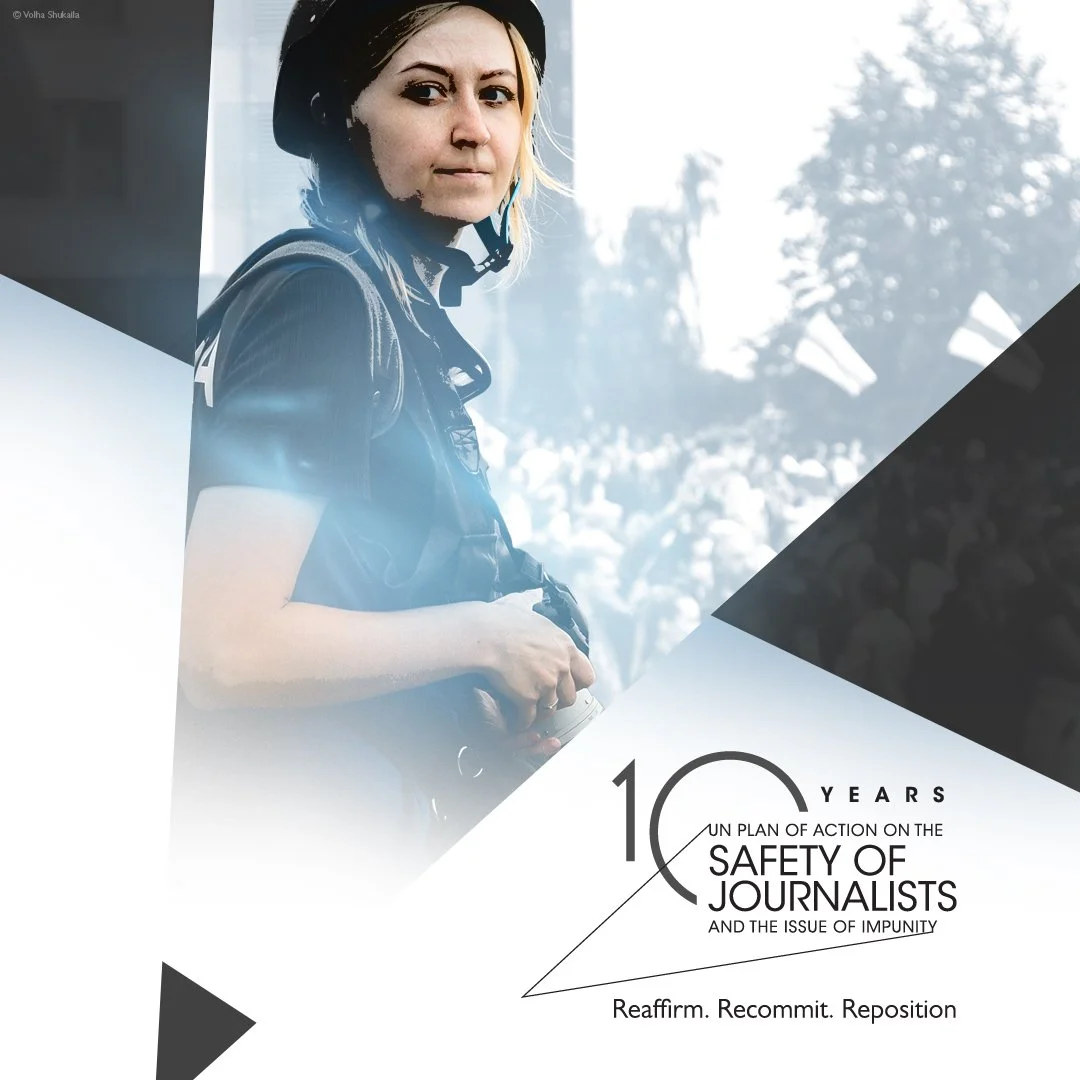Impunity for Crimes against Journalists is 'Unacceptably High' at 86% - UNESCO
By Oyiza Adaba | Africa-Related New York
Between 2006 and 2020, over 1,200 journalists have been killed around the world, with close to 9 out of 10 cases of these killings remaining judicially unresolved, according to the UNESCO observatory of killed journalists.
On the 10th Anniversary of the UN Plan of Action on the safety of Journalists and the issue of impunity, the U.S. State department issed the below statement
U.S. DEPARTMENT OF STATE
Office of the Spokesperson
STATEMENT BY NED PRICE, SPOKESPERSON
The International Day to End Impunity for Crimes against Journalists
A free and independent press plays a critical role in promoting democracy and shining a light on developments around the world – whether daunting or hopeful. Journalists are the bedrock of an independent press, providing the public with facts and holding governments to account, often while facing danger and adversity. On International Day to End Impunity for Crimes against Journalists, we reiterate our calls for justice for brave journalists across the globe.
Since 1992, over 1,500 journalists and media workers have been killed in pursuit of information, with most of these cases remaining judicially unresolved. According to the Committee to Protect Journalists, 294 journalists were languishing in jail for doing their work as of last December. Increasingly, journalists face threats and attacks online, where identifying and holding to account the perpetrator can be difficult. Women journalists are disproportionately targeted by online harassment and abuse, which compounds the forms of violence they experience offline. Per a UNESCO survey, 73 percent of women journalists have been harassed online due to their work. We have also seen an increase in governments reaching beyond their borders through misuse of digital surveillance tools that track journalists’ communications and whereabouts. Digital surveillance and online threats can fuel offline threats and violence, ultimately constraining journalists’ ability to report accurate information.
The UN Plan of Action on the Safety of Journalists was established 10 years ago as a multi-stakeholder approach to protect journalists through legislation, mechanisms, and guides aimed at creating a secure and just environment for media. Despite these efforts, the international community must continue to take a stand against physical attacks, intimidation lawsuits, transnational repression, and regulatory pressures that silence media—online and offline.
Today, the United States renews our commitment to an open and free press around the world. We call on other governments to join us in condemning crimes against journalists and holding accountable those who attack press freedom.
###
Photo credit: UNESCO


